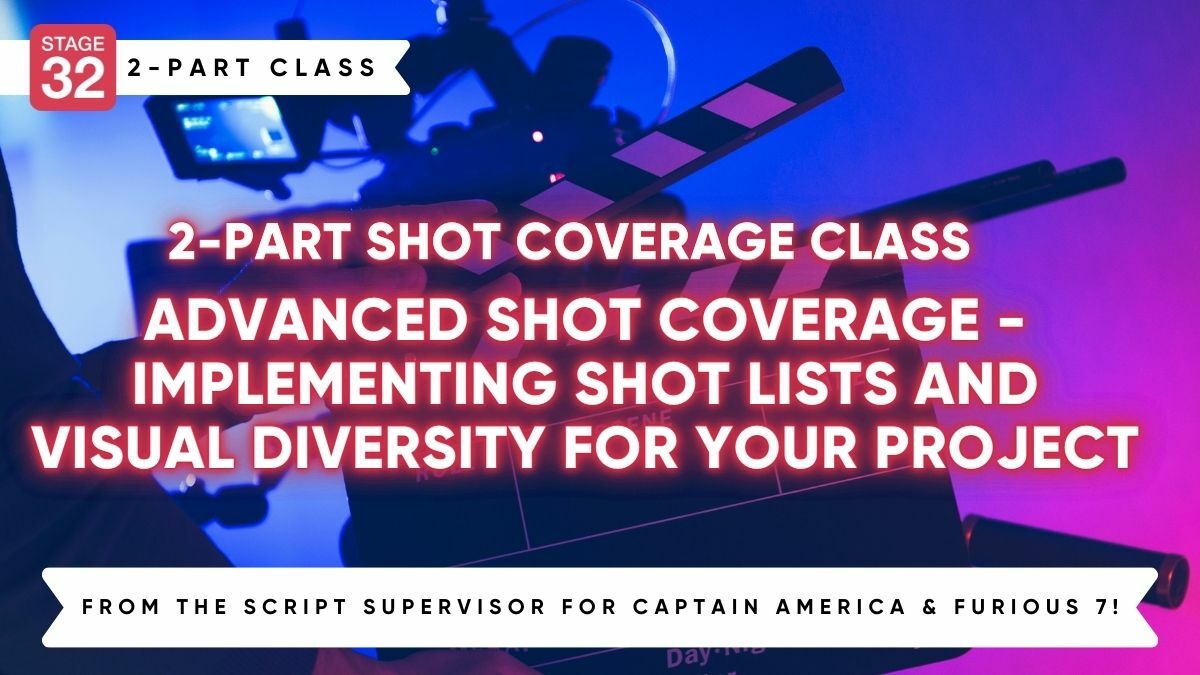
I've been reading a few screenplays recently of movies that I've seen and am starting to see what the screenwriting textbooks mean by "show, don't tell." The most recent example was from the In Bruges script, in particular references in the dialogue to Ray's shooting of the Priest. These were cut from the final film and it's easy to see why with the benefit of having seen the movie. It's so much more effective to be shown the shooting of the Priest rather than have it referred to in dialogue. Has anyone else come across any examples like this?



I know this scene got cut, but they were "showing" the life draining from Ray's face rather than the killing of the little kid.
Yes. It was more the dialogue of Ken directly referring to the shooting of the kid. I don't remember that being in the final cut.
1 person likes this
I was just trying to explain that while they talked about the shooting the kid, they did show some action in that scene. The action that they showed was the life drain from Ray's face. Not every action shown on screen has to be the most dramatic thing possible. Sometimes the action can be more subtle. Just as long as there is something shown. And it also might save some screen time/page count as well.
I learned (still am) that the writer must only describe what the audience see. But I think I'm digressing.
1 person likes this
Yes Richard. Good point. Sorry I didn't pick that up.
1 person likes this
I don't quite see anything wrong with that circled part. It is "showing" a reaction.
1 person likes this
Like Bill said above, while I agree completely with the merits of "show don't tell," the writer used a well-known phrase to convey an emotion. "Sickened, sad" may be the issue, but feel at worst like unnecessary, wasted words.
5 people like this
The circled part is the dialogue, in which Ken tells of the boy's murder. "Show don't tell" is just an admonishment to avoid a lot of heavy exposition in scripts which tend to bore the audience. Although there are no hard and fast rules. Game of Thrones is one of the most exposition laden shows I've ever seen, and is still one of the most popular.
3 people like this
My Detroit movie club has In Bruges in its title... great to see some analysis on a film I truly enjoy. Ralph Fiennes does brilliant work with his character, Harry.
4 people like this
While that scene isn't the best example of telling instead of showing, the general point is true. But telling instead of showing means your characters are engaging in straight exposition or you have too many planning and reflecting scenes. You'll recognize them bc they usually have lines like "Remember when we did X?" And then a character will describe what X was instead of SHOWING us the execution scene of it actually happening. That is the stuff you want to avoid.
1 person likes this
Another example film, is LA Confidential, Russell Crowe's character describes to Kim Basinger"s characters in bed a childhood experience and he speaks for about six minutes uninterrupted. I personally like that scene the way it was filmed .
Oliver, the problem with that is only about 5% of writers know how to do it correctly. Most do not.
Thanks Jorge! I'll check that out!